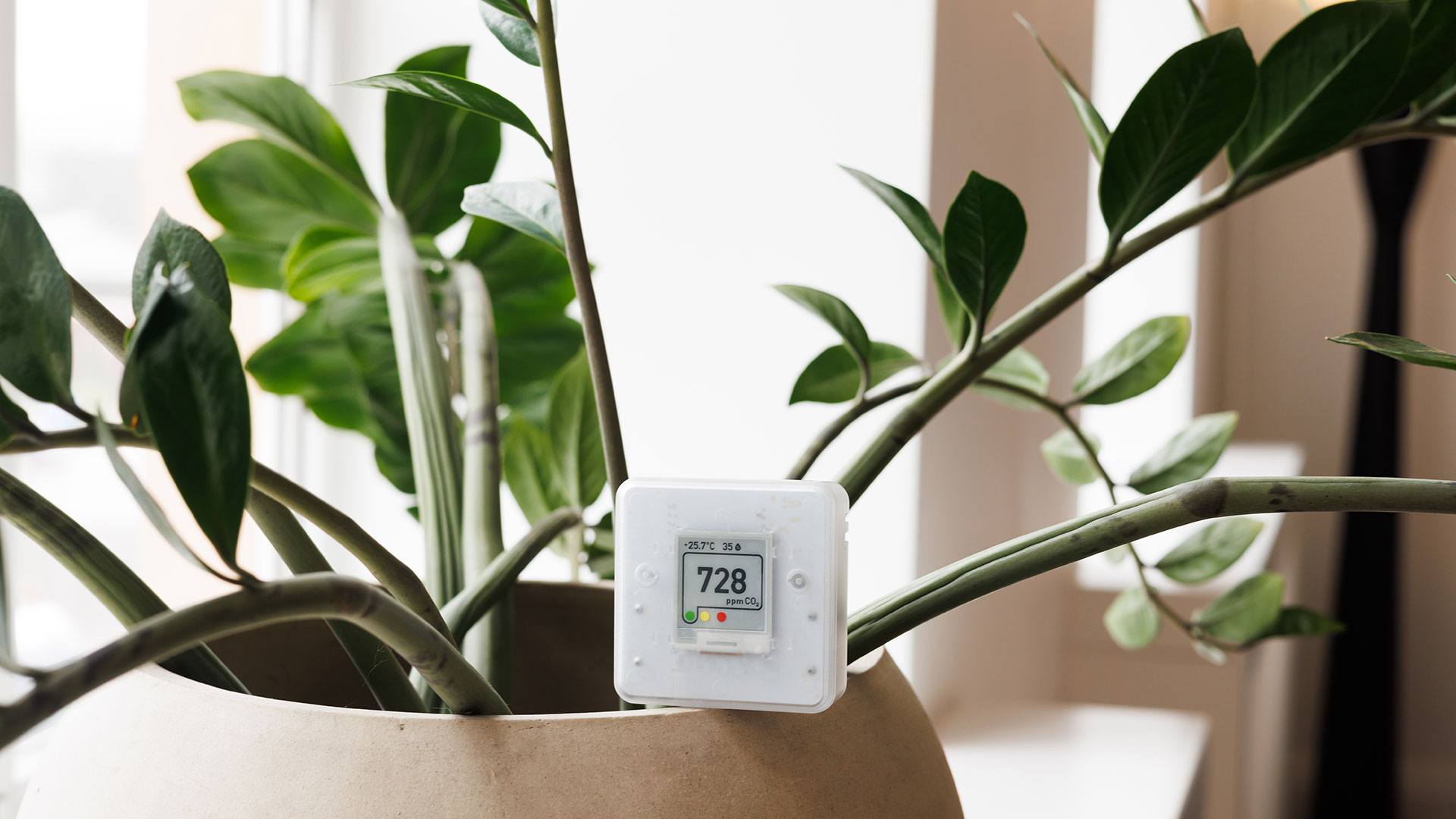Why HRV Units Shouldn’t Be Turned Off
| Read time: 2 min

When we are thinking of keeping our homes healthy and safe, maintaining good indoor air quality plays a critical role in achieving this. One essential component in maintaining good indoor air quality is a Heat Recovery Ventilator (HRV) system. HRV units are designed to exchange stale indoor air with fresh outdoor air. HRV units are also designed to recover the heat from the outgoing air to warm the fresh incoming air. However, there is a common misconception that turning off HRV units can save energy. In reality, keeping HRV units running continuously offers several benefits, making them an indispensable part of a healthy and comfortable living environment.
-
1. Energy Efficiency
Contrary to popular belief, running an HRV unit continuously can actually improve energy efficiency. HRV systems are designed to recover heat from the outgoing air and transfer it to the incoming air, reducing the load on heating and cooling systems. By keeping the HRV unit running, the indoor temperature remains more consistent, reducing the need for the HVAC system to work harder to maintain a comfortable temperature.
2. Continuous Ventilation
One of the primary functions of an HRV unit is to provide continuous ventilation. By running constantly, it ensures a steady flow of fresh air into the home and dilutes indoor pollutants, odours, and excess moisture. This constant exchange of air helps reduce the risk of respiratory issues and other health problems associated with poor air quality.
3. Preventing Condensation and Mold Growth
In cold and humid climates, turning off an HRV unit can lead to condensation on windows and walls. This excess moisture can create an ideal environment for mold growth, which can pose serious health risks. By maintaining a constant flow of fresh air, an HRV unit helps in regulating indoor humidity levels, preventing condensation and mold formation.
4. Outdoor Smoke and Dust
One of the main reasons people turn off an HRV unit is to avoid letting in smokey or dusty air. The problem with this method is that the HRV manages indoor air pressure, so if it is turned off, it can create negative air pressure that draws outdoor air into the home through any cracks or openings. Once the smokey or dusty air gets into the home, the HRV unit being turned off will mean that the indoor air cannot be removed and is more humid, allowing for mold growth and for smoke and dust to remain trapped in the home. It is better to keep the HRV system running and make sure that it has a filter installed and cleaned properly so that it can filter out pollutants.
Therefore, it is advisable not to turn off HRV units, but rather to keep them running continuously to maintain the full benefits they offer.
